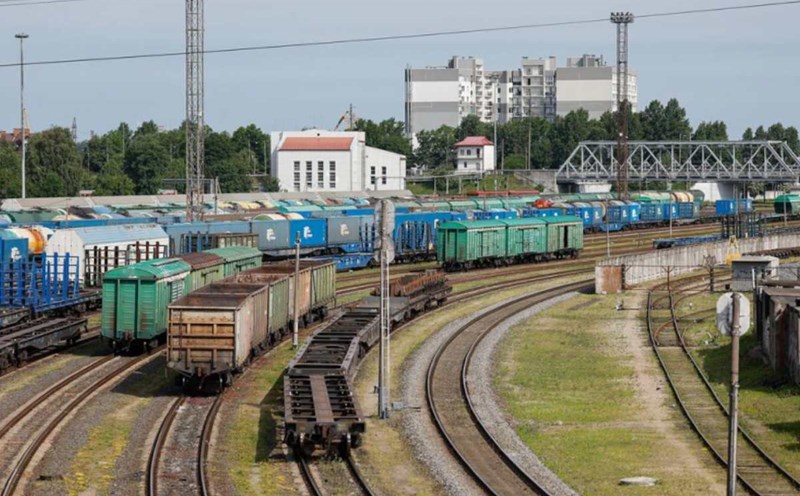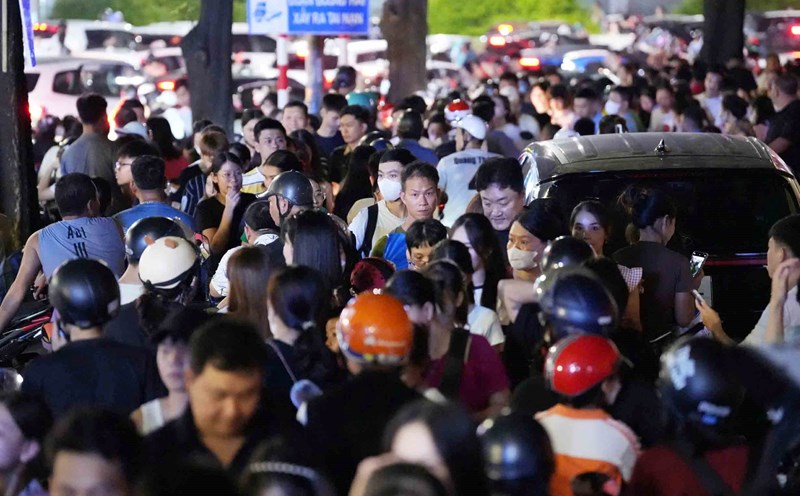In an article titled: "Vietnam accelerates strongly in the sprint until 2030" on the East Asia Forum, author Phan Xuan Dung, Australian National University, pointed out that the period 2025 - 2030 is the sprint period, deciding whether Vietnam can lay an important foundation for the economic future or not.
Vietnam has set a GDP growth target of at least 8% for 2025, with a plan to achieve double-digit growth in the following years.
To promote this strong growth agenda, in addition to implementing the most comprehensive administrative reform since the Doi Moi reform in 1986, Vietnam has also promoted a number of major infrastructure projects, including the $67 billion North-South high-speed railway, the $8 billion China-connecting railway, two estimated $16 billion nuclear power plants and new deep-water ports. These projects aim to solve logistics bottlenecks that have hindered economic growth, while positioning Vietnam as an important link in regional transportation.
According to the article, General Secretary To Lam's vision is to turn Vietnam into a technology-based economy. The General Secretary himself is also Chairman of the Central Steering Committee for Science and Technology Development. In December 2024, the Politburo issued a breakthrough Resolution on science and technology, allocating 3% of the national budget for innovation and digital transformation. Vietnam's economy has begun to shift from low-tech manufacturing to higher-value industries, attracting investment from global technology corporations such as Nvidia, Samsung, Foxconn, Google and Meta.
The author of the article believes that the next 5 years will be decisive for Vietnam's development trajectory. Success will help strengthen Vietnam's position as a new economic power in Asia as well as help Vietnam escape the middle-income trap that has harmed many developing economies.
Vietnam has just launched a series of new ambitious infrastructure projects to boost economic growth, Bloomberg reported in mid-August. Accordingly, Vietnam has launched a major infrastructure promotion campaign, with the groundbreaking or inauguration of about 250 projects nationwide in early August as the Government is looking to promote economic growth.
The article citing the announcement on the website of the Vietnamese Government shows that the State is funding 129 projects, from urban development to transportation, with a total investment of about 478 trillion VND (18 billion USD). About 30.5 billion USD in other investment for 121 projects with other funding sources, including from a number of foreign companies, is also being implemented at the same time. New projects that Vietnam is implementing include Rach Mieu 2 Bridge in the Mekong Delta, Saigon Marina International Financial Center, Viettel Group Research and Development Center, National Convention and Exhibition Center invested by Vingroup Joint Stock Company in Hanoi.
Also writing about promoting Vietnam's new infrastructure, Nikkei Asia pointed out that the large-scale infrastructure development plan that Vietnam has just announced is equivalent to 10% of the country's GDP. Of the 250 projects, 161 projects will be started and 89 projects will be completed. There are 59 projects on transport infrastructure ( airports, railways, roads, etc.).











